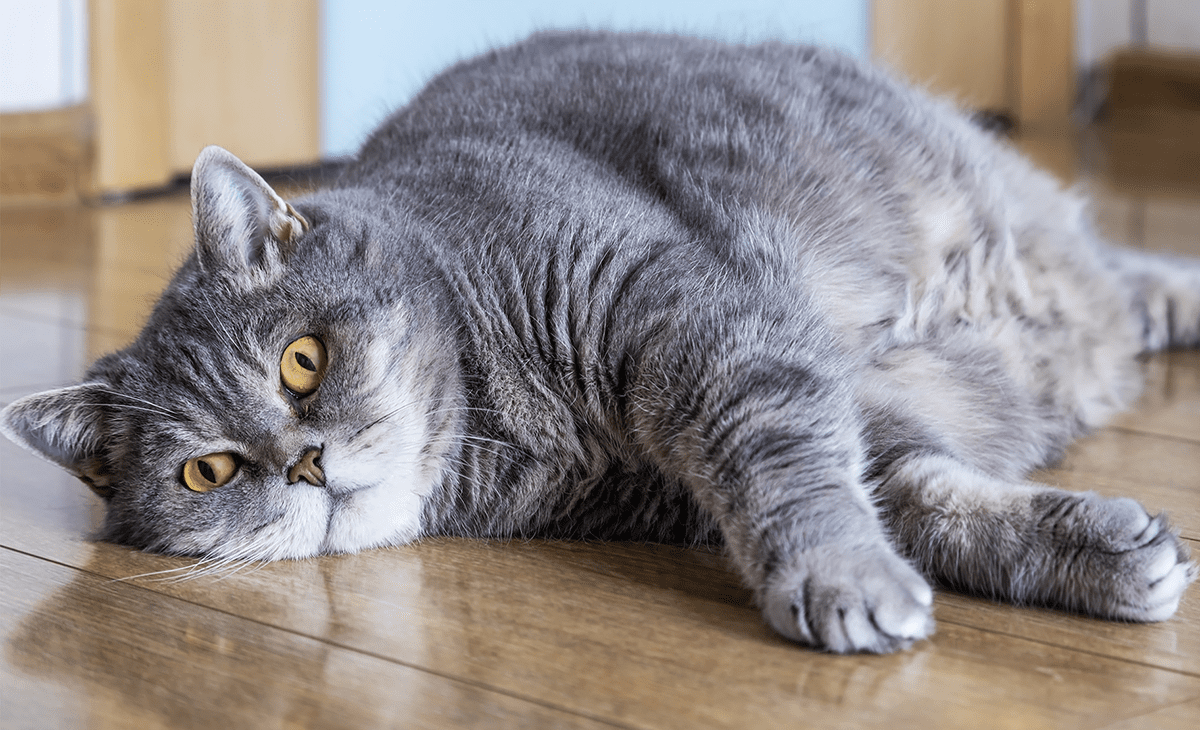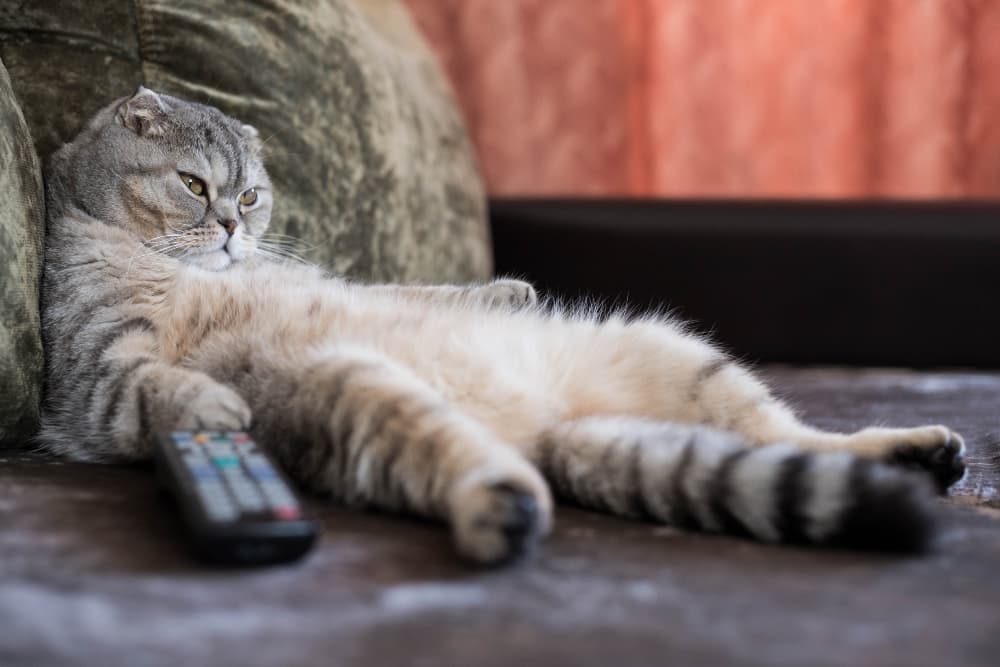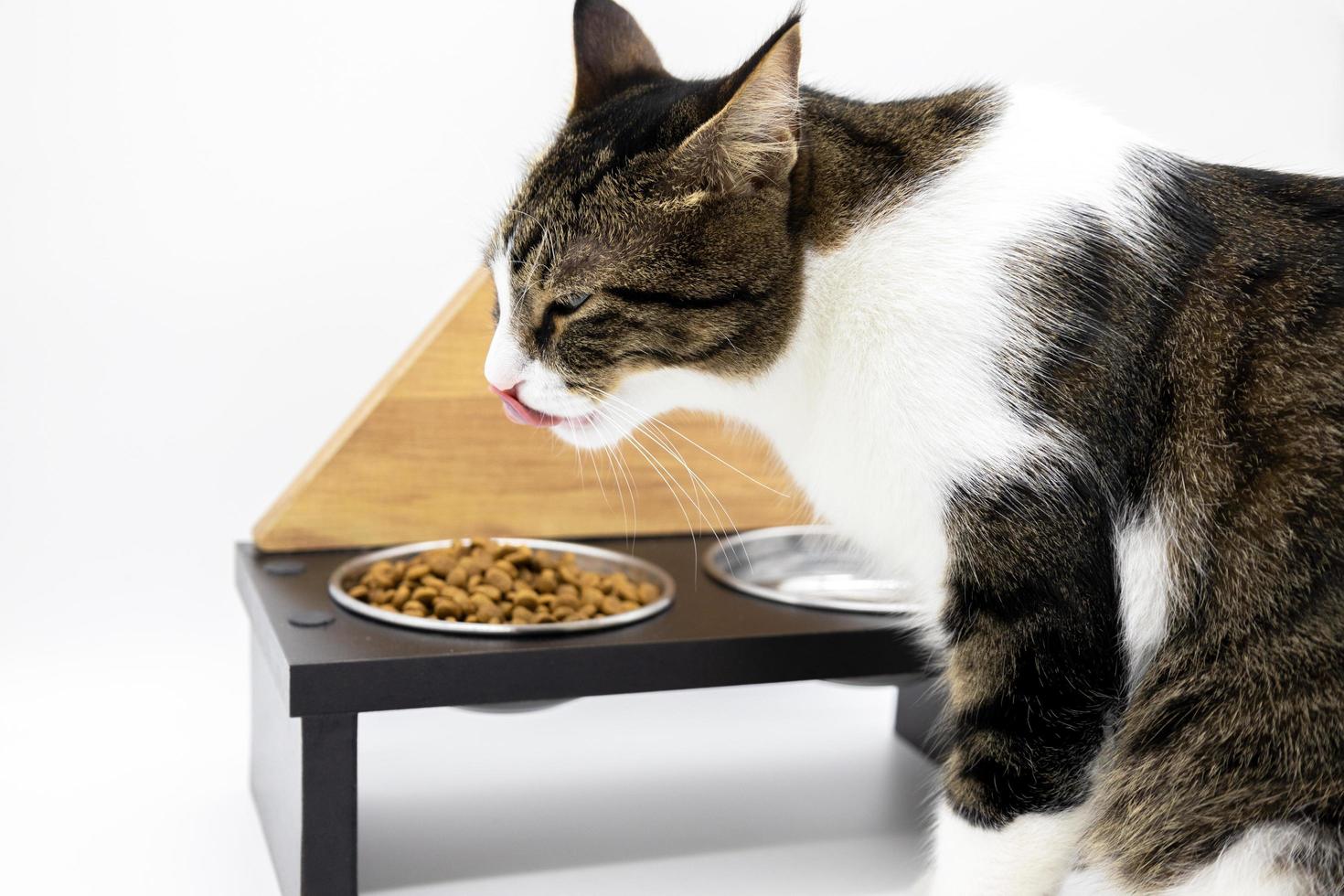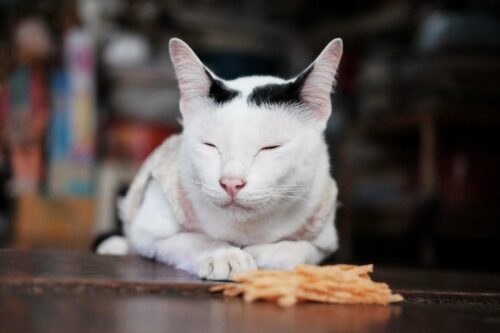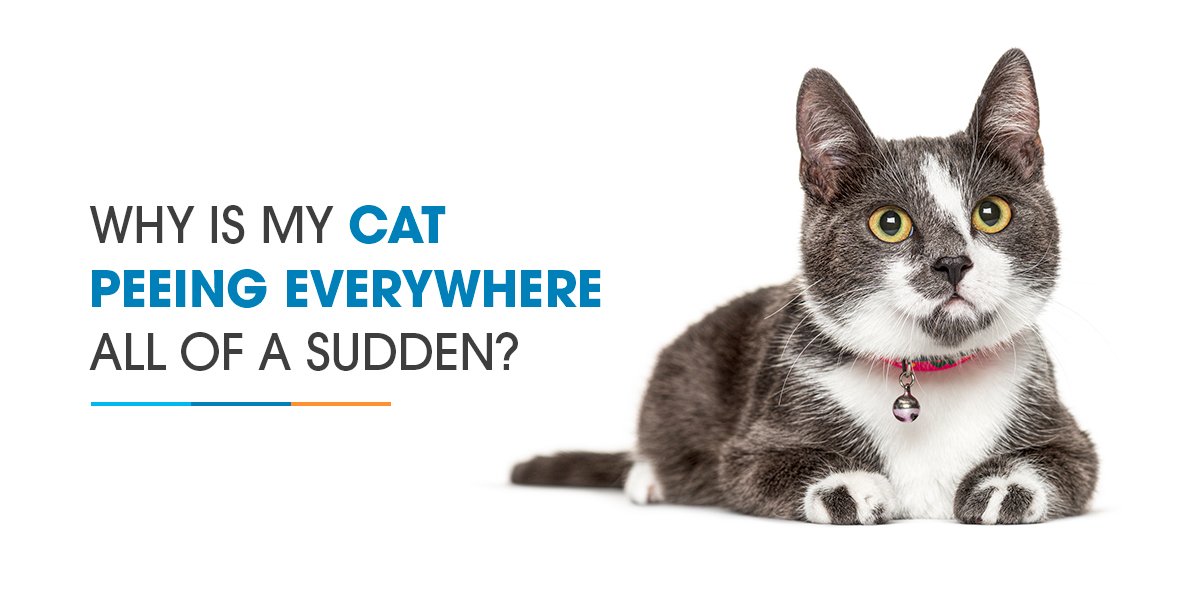Is your cat overweight?
Cats come in all shapes and sizes, and while a bit of extra fluff can be endearing, it’s essential to monitor your feline friend’s weight to ensure they stay healthy and happy. Just like in humans, obesity in cats can lead to a variety of health problems, including diabetes, arthritis, and heart issues. In this article, we’ll discuss how to determine if your cat is overweight and what steps you can take to address feline obesity.
Identifying Feline Obesity: Determining if your cat is overweight involves more than just appearance. Here are some key indicators:
- Body Condition Score (BCS): Your veterinarian can perform a BCS assessment to evaluate your cat’s overall body condition. This involves assessing factors like fat deposits, muscle mass, and overall shape.
- Weight Gain: If you’ve noticed a gradual or sudden increase in your cat’s weight, it could be a sign of obesity. Regular weighing can help monitor any changes.
- Rib and Spine Check: You should be able to feel your cat’s ribs without pressing too hard. If they are difficult to detect due to excess fat, your cat might be overweight.
Addressing Feline Obesity:
If you suspect that your cat is overweight, there are steps you can take to help them achieve a healthy weight:
- Consult Your Veterinarian: Start by discussing your concerns with your veterinarian. They can perform a thorough examination, provide nutritional advice, and recommend a tailored weight management plan.
- Dietary Changes: Adjust your cat’s diet as per your veterinarian’s recommendations. This may involve switching to a weight management cat food or portion control.
- Feeding Schedule: Establish a consistent feeding schedule to prevent overeating. This might include multiple small meals throughout the day.
- Regular Exercise: Encourage playtime and physical activity. Engaging toys and interactive play can help your cat burn calories and maintain muscle tone.
- Monitor Treats: Be mindful of treat consumption. Reduce or eliminate high-calorie treats and replace them with healthier options or small portions of their regular food.
- Hydration: Ensure your cat has access to fresh water at all times. Staying hydrated is crucial for overall health.
- Weight Tracking: Keep a record of your cat’s weight and measure progress regularly. Adjust their diet and activity level accordingly.
- Patience: Weight loss should be gradual to avoid health complications. Be patient and persistent in following your veterinarian’s guidance.
Remember that every cat is unique, and what works for one might not work for another. A personalized approach to weight management, along with regular veterinary check-ups, is key to helping your cat achieve and maintain a healthy weight. By addressing feline obesity, you can provide your cat with a longer and healthier life, filled with energy and vitality.
